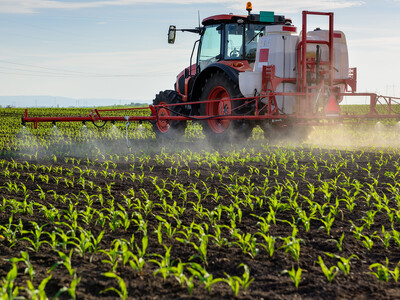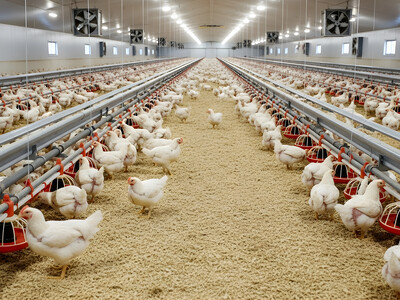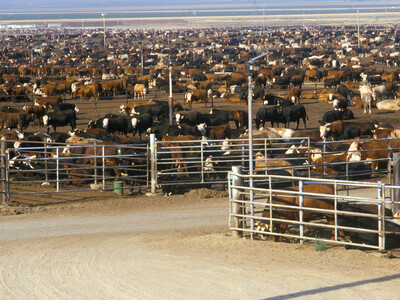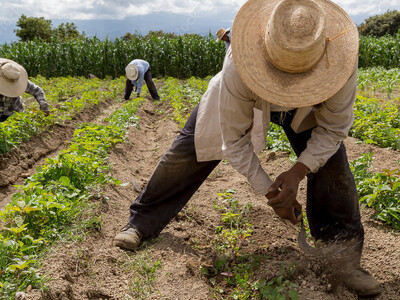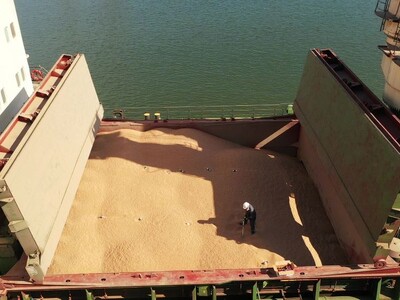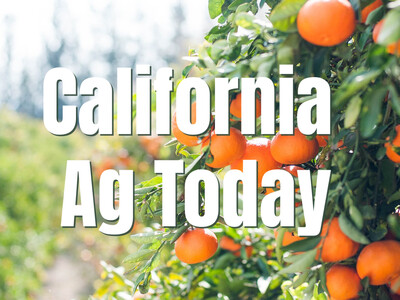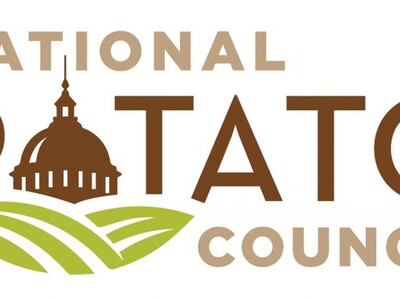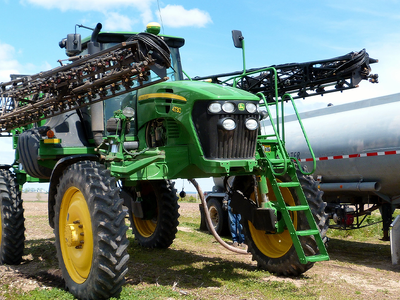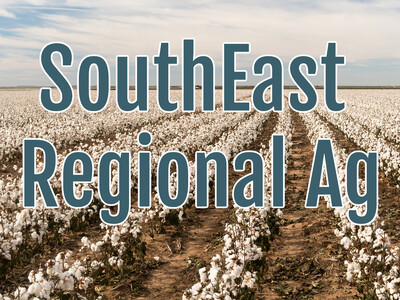Food Safety for the 4th
Food Safety for the 4th. I’m Greg Martin with today’s Line On Agriculture.
Summer has officially arrived and that means camping, picnics, and barbecues filled with a number of seasonal favorites when it comes to food. But the potential for food borne illness increases during June, July, and August. Proper food handling, preparation, and storage are key considerations during the summer months, according to ODA Food Safety Specialist Susan Kendrick.
KENDRICK: Well, there probably is more concern just because people are preparing food outside their kitchen. So they don't necessarily have control of refrigeration that they might have in their kitchen- for instance, if they are out on a picnic or camping.
Other factors such as a lack of handwashing facilities or the ability to avoid cross-contamination of raw meat and ready-to-eat foods are more of a challenge when the food is prepared outdoors. The person preparing the food may not be the same person who cooks the rest of the year. Everyone just needs to be more careful. There may be heightened food safety awareness this summer because of last year's E. coli outbreaks involving cantaloupe from Colorado and strawberries from Oregon. But Kendrick wants people to enjoy the summer menu.
KENDRICK: Certainly there's the health benefit from eating fresh produce, so I wouldn't discourage people from eating fresh produce. But definitely wash it before you eat it, no matter what type of produce it is.
Cooking meat to its proper temperatures, keeping perishable foods cold by using an ice chest or cooler, and discarding food that has sat out for more than four hours can help make eating this summer safe and enjoyable. Kendrick says it is very important to thoroughly cook meat prepared on the grill. A thermometer is helpful, if sometimes impractical.
KENDRICK: Cutting into the meat, making sure hamburger doesn't have any pink left in the middle, cutting close to the bone of chicken to make sure you don't see any pink- those are easier ways to tell if you reached a proper cook temperature. But again, a thermometer is the very best way.
Kendrick says the summer has more potential for food borne illness to occur. That's why observing common sense food safety tips is so important.
KENDRICK: Good idea to do all of those things all year, but especially in the summer- maybe just a heightened awareness because you lose some of your conveniences when you go outside, such as refrigeration and having sinks available to wash everything easily and handwashing easily available.
That’s today’s Line On Agriculture. I’m Greg Martin on the Ag Information Network.




